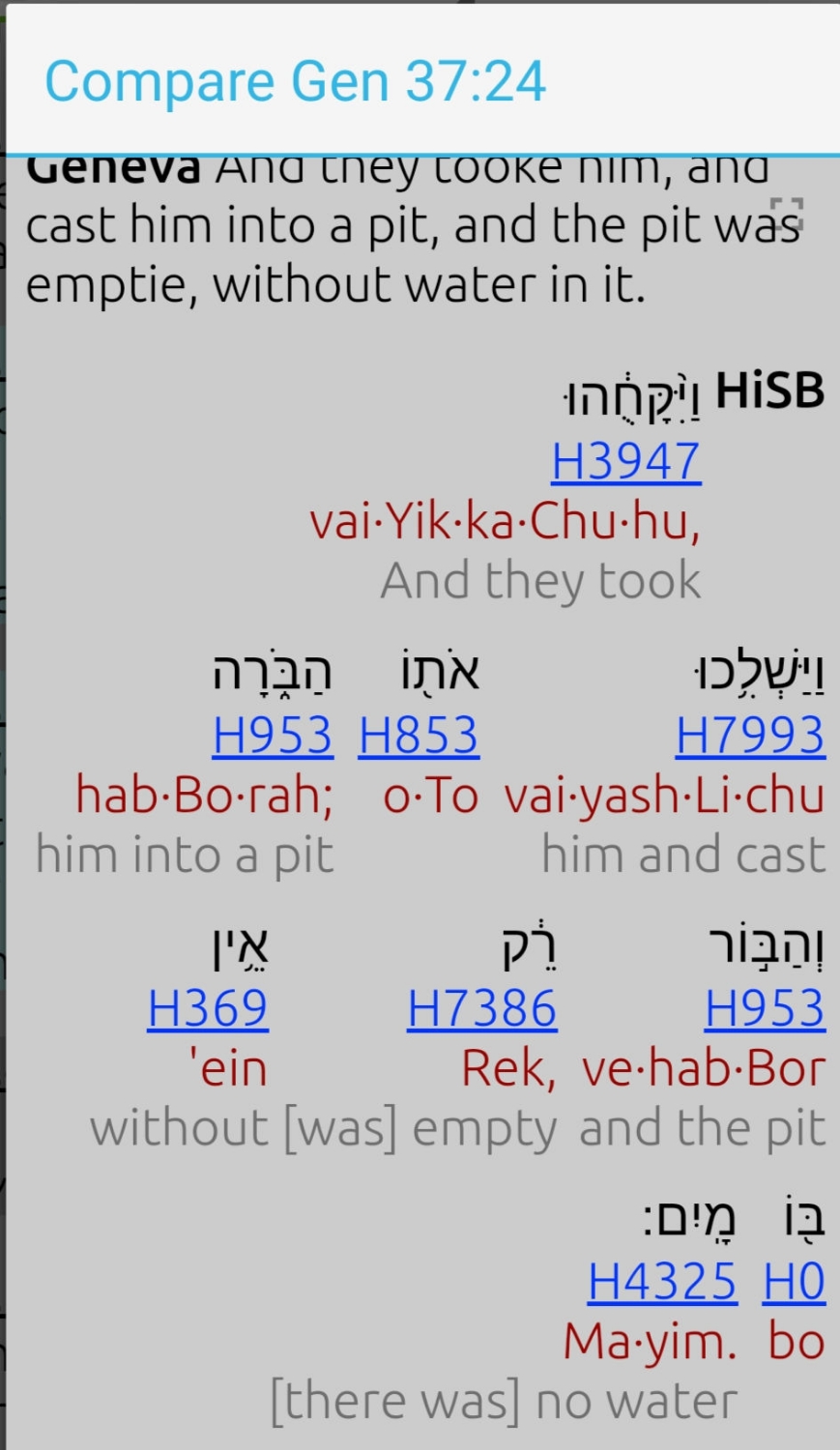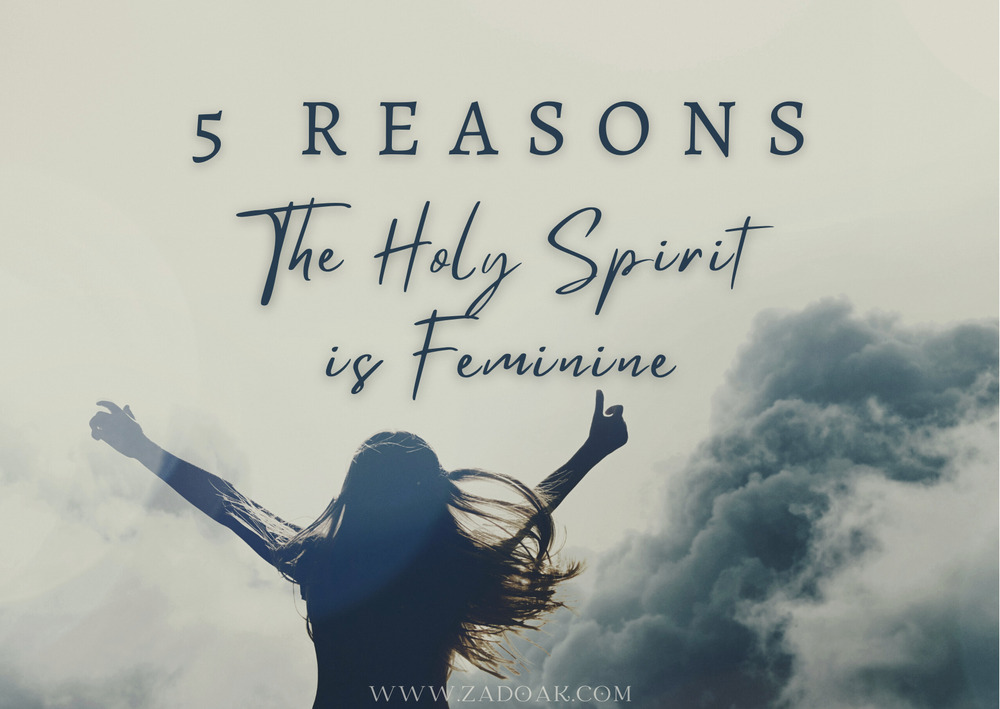
Have you wondered during memorial services, when pastors, priests or ministers say that chorus-line; “Old so-and-so is in a better place now” or “He has gone on to be with the Lord.” Is that person actually in heaven right now? Or in hell for that matter?
Can we find that in any scripture; when we die we go to heaven or hell? Yes, we can see that we inherit the Kingdom of Heaven and the Kingdom of God comes down through the firmament. But is there any verse that says we go to heaven or hell when we die?
What did Yeshua mean when He said; no one has ascended to heaven but He who came down from heaven, that is, the Son of Man who is in heaven (John 3:13)? Did Yeshua really mean no one?
I know the knee jerk reaction would be, what about the thief on the cross that supposedly went into paradise with Yeshua the same day? Or what about the souls underneath the altar mentioned in revelation? Or what about Elijah and Enoch that ascended into heaven?
And hopefully we will get into the full explanations of these questions in a future post.
But if we read the John 3 passage again, it sounds clear cut, nobody (including Elijah and Enoch) has been to the place where Yeshua comes from.
Okay, so nobody in heaven, how about hell? And where do the followers of Messiah end up going after death?
The problem comes in with the definition of ‘hell’.
In Old English “hel” originates from the family of Germanic words meaning “to cover” or “to conceal.” Hel is also the name, in Old Norse, of the Scandinavian queen of the underworld. Yeshua defeats Death as the final enemy represented as an entity, but the departed to not go to hel(l) once they die. This pagan idea has been swallowed hook, line and sinker by mainstream churchianity. Allow me to explain.
The lines get really blurry down there. For instance in the Protestant church, I grew up in, the weekly reading of the apostle’s creed (which the protestants stole form Catholicism) has a phrase; ‘He (Jesus) descended into Hell; the third day He rose again from the dead…’ Jesus went to hell? Why? There are numerous problems with that phrase.
Churchianity does not paint it that way, but it ends up with the same end result as paganism. To be clear, hell is not overrun with demons torturing the unrighteous.
Church doctrines (mostly) skip the interim underworld and we immediately end up in heaven or hell. This omits the resurrection (the first and second) and Yah’s judgement.
They have lied to us. To tell the truth, most pastors don’t know any better. We do not go to hell (or heaven for that matter) when we die. And most important of all we are not to be as the heathen nations. So, why do we subscribe to the pagan description of the afterlife. We go to a place called Sheol.

Now, not even this Strong’s definition (above) is 100% clear. Let me break it down as simple as possible. Most English Bible translations use Hell as an English equivalent of the Hebrew term Sheol in the Old Testament. Hell is also used for the Greek word Hades in the New Testament. Consequently, hades are also used numerous times to refer to Sheol. In moments like these, don’t we all wish we could read Hebrew and have access to the original manuscripts.
Tartarus is the word used for the prison of the fallen angels. It becomes simple when we see the context of when the different Hebrew/Greek words are used.
Yeshua also refers to the lake of fire, or Gehenna and this would be the closest to what Christians would see as hell. But even the biblical context differs significantly compared to popular teaching.
The translators have literally no idea how to translate Sheol and used alternatives such as the grave, the pit and the underworld. Do you see how the Word has been corrupted through the pen of the scribes?
Maybe not yet, but there is an excellent example in Joseph’s story where the word Sheol is translated as grave or pit.
The only problem is, in the same story there is an alternative Hebrew word for pit. Consider Genesis 37:24 where the envious brothers dump their beloved younger brother into a pit.

Not Sheol in this case just a good ol’ pit. The Hebrew word is bor.
Yet, in a couple of verses later where Jacob describes the agony of losing his beloved son, the not-so-consistent translators translate Sheol as the pit or grave (again).

Unequal weights and measures of the scribes? Or maybe they also did not understand the difference. I don’t know, but it surely does seem like it. There would have been much more clarity on the true nature and reality of Sheol if it were translated as Sheol consistently.
Okay, but how do we know Sheol is not simply a different word for grave or pit? I am so glad you asked.
Sheol definitely paints a picture of being more than 6ft under. Consider the consequences of the rebellion of Korah.
Numbers 16:33 TS2009
So they and all those with them went down alive into She’ol, and the earth closed over them, and they perished from the midst of the assembly.
Nope, not only a mere 6ft under and also not a pit or grave, if you ask me. That opening was a one way chute on the express straight to Sheol. Korah and co. probably dying on their way down.
Ephesians 4:9
Now this, “He ascended”—what does it mean but that He also first descended into the lower parts of the earth? He who descended is also the One who ascended far above all the heavens, that He might fill all things.
Yeshua says He went to the lower parts of the earth. Not another dimension or anything of the sorts. Which begs a question, does the typical core of the earth dissection picture tell us the truth? Even though people have only managed to dig about 12 kilometres underground?
Jip, we have been lied to there as well. Just because you read it in school text books does not make it true. Sheol was believed to be the lowest parts of the earth. Maybe not by modern day ‘science’ but definitely by the writers of scripture.
Just consider, the first and second resurrection has to take place before anybody ends up in the lake of fire (second) or in the New Jerusalem (first).

Just to clarify Sheol is not necessarily a bad place. Well, depending on which side of the chasm you are, the wait might be gruelling. Like with the rich man and Lazarus in Luke 16. But my point is that Yah’s presence is in Sheol.
Psalm 139:8 The Eth CEPHER
If I ascend up into heaven, you are there: if I make my bed in She’ol, behold, you are there.
I can sense the sighs through the screen. Edgar, this is obviously a fictitious place used in Luke 16? Really? Why would Yeshua use a totally fictitious place and scenario? Don’t get me wrong. I do understand the parables are stories or allegories if you will. But never once does Yeshua use a parable with completely fictitious elements. To my understanding it would be inconsistent to interpret this passage as such just because we lack understanding. Enoch was well acquainted with Sheol and it’s workings and the 1st century Hebrew audience also would have been.
Enoch gives a very similar description of the Luke 16 scenario.
Enoch 22:8-14
‘ The I(Enoch) asked regarding it, and regarding all the hollow places: ‘Why is one separated from the other?’ And he answered me and said unto me: ‘These three have been made that the spirits of the dead might be separated. And such a division has been make (for) the spirits of the righteous, in which there is the bright spring of water. And such has been made for sinners when they die and are buried in the earth and judgement has not been executed on them in their lifetime. Here their spirits shall be set apart in this great pain till the great day of judgement and punishment and torment of those who curse for ever and retribution for their spirits. There He shall bind them for ever. And such a division has been made for the spirits of those who make their suit, who make disclosures concerning their destruction, when they were slain in the days of the sinners. Such has been made for the spirits of men who were not righteous but sinners, who were complete in transgression, and of the transgressors they shall be companions: but their spirits shall not be slain in the day of judgement nor shall they be raised from thence.’ The I blessed the Lord of glory and said: ‘Blessed be my Lord, the Lord of righteousness, who ruleth for ever.’
In the new testament the two words mostly used to translate as hell is Hades and Gehenna.
Hades is just the Greek equivalent of the Hebrew word Sheol. In plain English, Hell is not the equivalent of Sheol.
Gehenna is the term preferred by Yeshua. The lake of fire that might be in the Kidron Valley (next to Hinnom), to the best of my understanding. Gehenna was the local landfill or rubbish dump, where the smoke went up, burning the waste. This is the place ordained for the destruction of souls that do not make the cut on the second resurrection and also the Enemy and his operatives’ final abode.
Tartarus is the last aspect of Sheol. The Book of Enoch 21 explains the prison of the angels also mentioned in the book of Jude;
Enoch 21
And I proceeded to where things were chaotic. And I saw there something horrible: I saw neither a heaven above nor a firmly founded earth, but a place chaotic and horrible. And there I saw seven stars of the heaven bound together in it, like great mountains and burning with fire. Then I said: ‘For what sin are they bound, and on what account have they been cast in hither?’ Then said Uriel, one of the holy angels, who was with me, and was chief over them, and said: ‘Enoch, why dost thou ask, and why art thou eager for the truth? These are of the number of the stars of heaven, which have transgressed the commandment of the Lord, and are bound here till ten thousand years, the time entailed by their sins, are consummated.’ And from thence I went to another place, which was still more horrible than the former, and I saw a horrible thing: a great fire there which burnt and blazed, and the place was cleft as far as the abyss, being full of great descending columns of fire: neither its extent or magnitude could I see, nor could I conjecture. Then I said: ‘How fearful is the place and how terrible to look upon!’ Then Uriel answered me, one of the holy angels who was with me, and said unto me: ‘Enoch, why hast thou such fear and affright?’ And I answered: ‘Because of this fearful place, and because of the spectacle of the pain.’ And he said unto me: ‘This place is the prison of the angels, and here they will be imprisoned for ever.’
Nobody, well at least no humans, are in heaven or hell, at this moment. In simple summary, when we die, all of us go to Sheol, awaiting the first or second resurrection. From the resurrections, there will be a judgment. And from the judgement men will be appointed either for the Kingdom of Yah, or for the Lake of fire.

Tartarus, to the best of my understanding, could be a compartment in Sheol, functioning as an underground prison for fallen ones of a divine nature.
Oh, no! What have I done? I might have butchered some holy cows of the faith. I am also aware that I scratched the surface on other crucial topics without much explanation, but for now this will have to suffice.
Brothers and sisters please don’t get me wrong. Our Abba’s heart is echoed in the words of Messiah ‘that none of these little ones should perish.‘
I hope that you will choose life today.
Shalom Fam
Ed<>Judah




